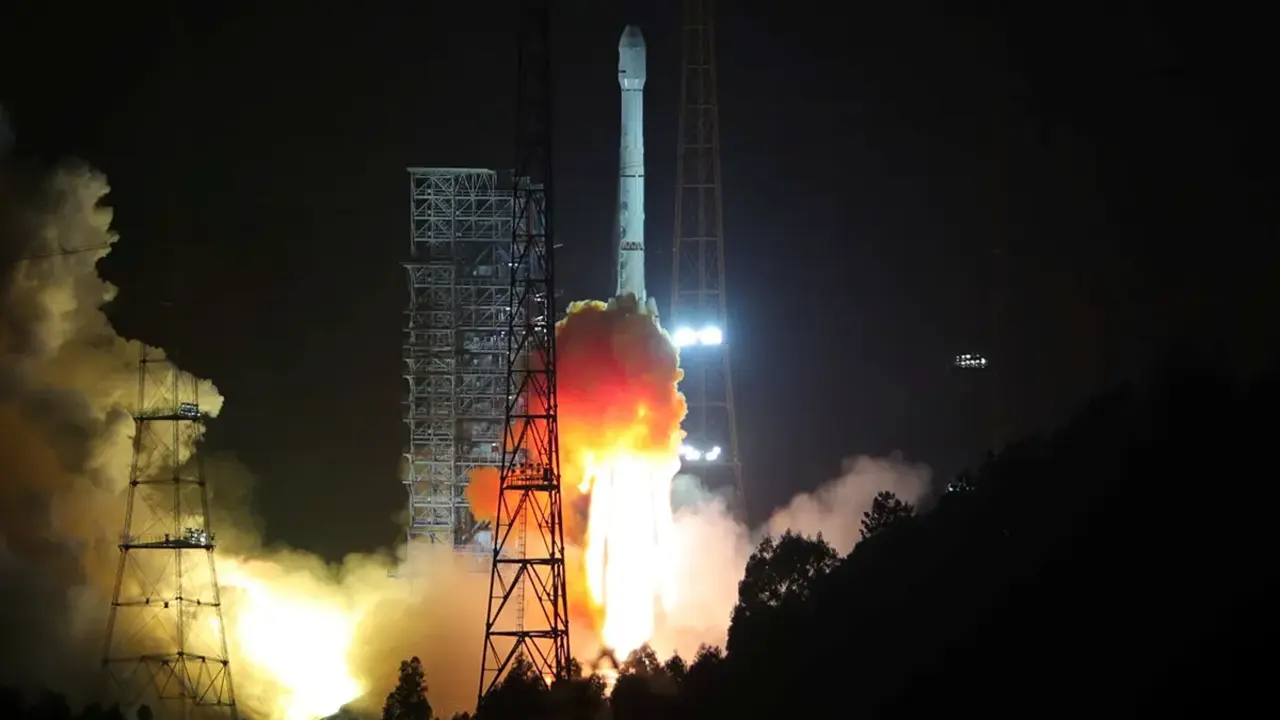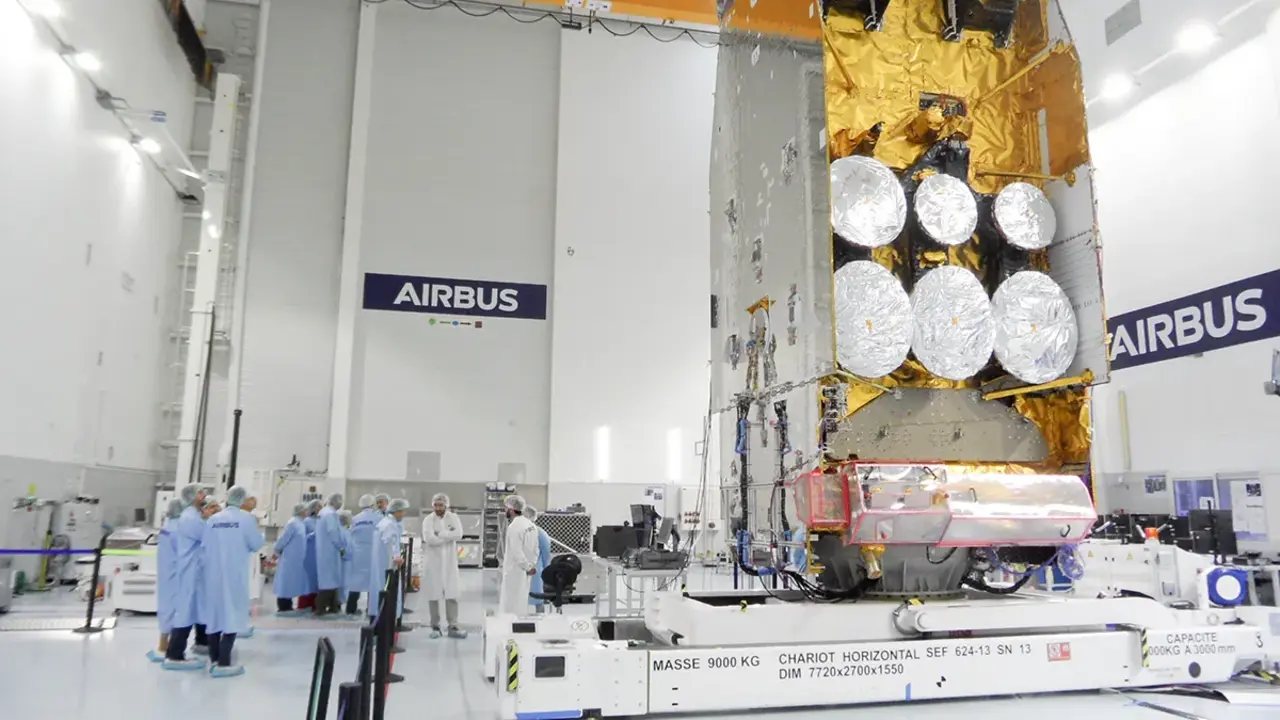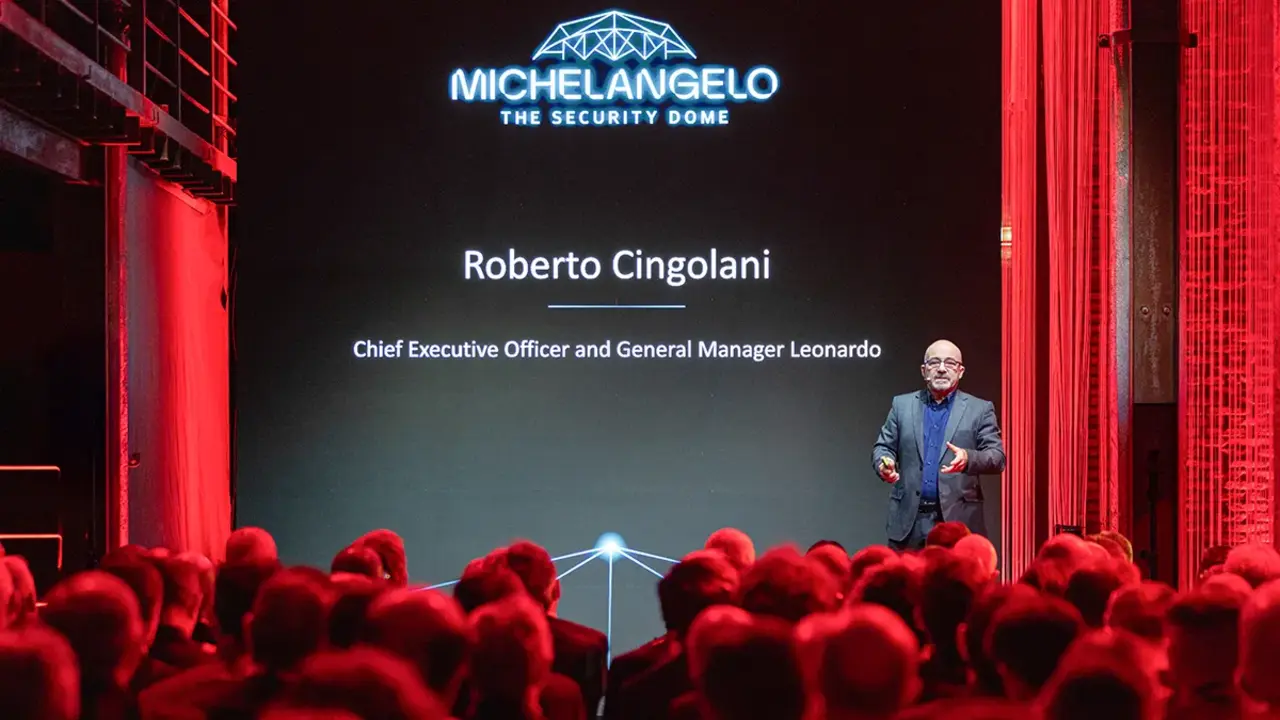Three Spanish companies make their way to the aerospace show in Moscow
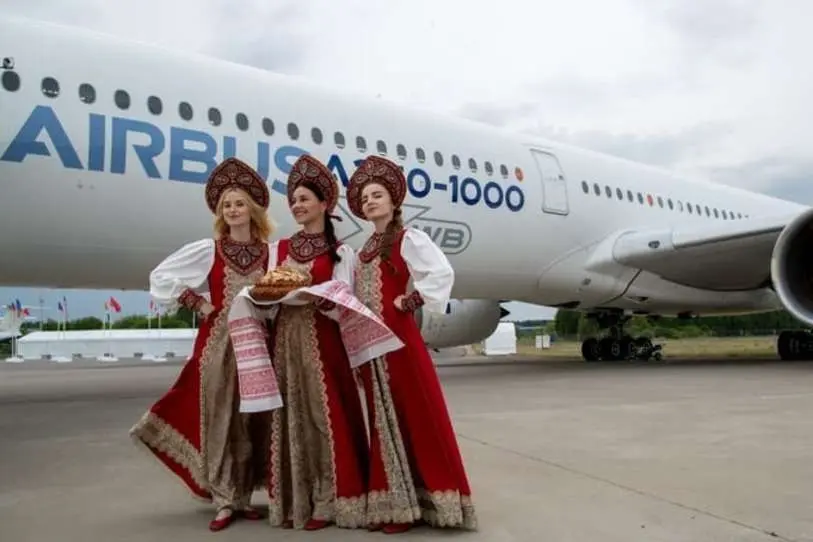
Russia has closed the doors of the 15th Moscow International Air and Space Show with the official announcement that the volume of contracts signed amounted to 265 billion roubles, or $3.59 billion.
The main Russian aerospace industry event was held from 20 to 25 July at Zhukovsky International Airport, a few kilometres southeast of Moscow, with 627 exhibitors, of which 538 were Russian (85.5 percent) and 91 (14.5 percent) from 20 countries around the world, mainly from Asia and Europe. The figures contrast sharply with those of MAKS 2019, which was attended by 827 companies from 33 countries, 635 from Russia (76.8 per cent) and 184 from the rest of the world (23.2 per cent), of which 136 were European.
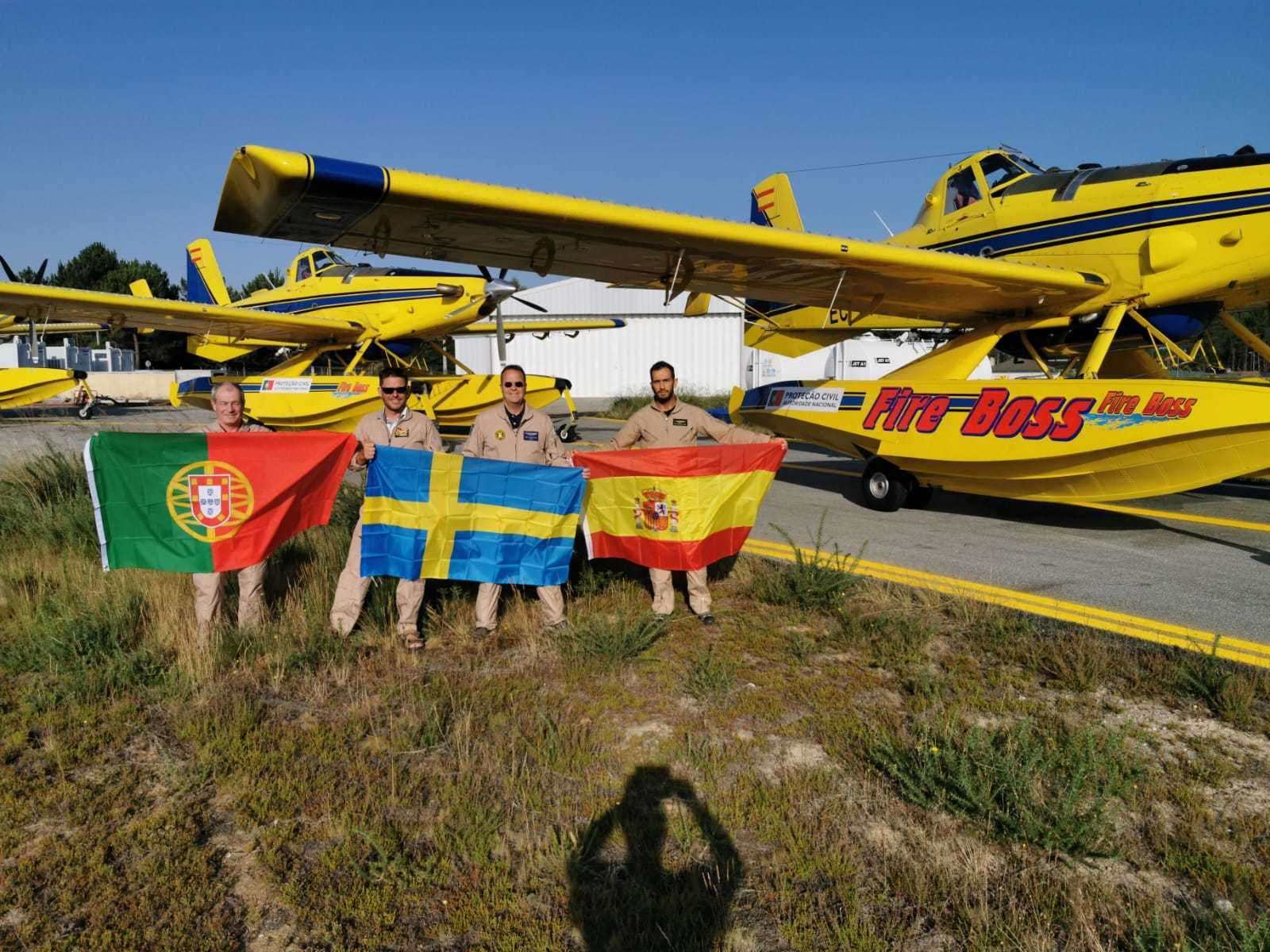
The most notable foreign presence was that of France, with 18 French companies exhibiting their products in the national pavilion. It was followed in numerical importance by Kazakhstan - a partner country of the event - which was represented by 11 companies, Iran (10), the Czech Republic (9), Germany (8) and Belarus (6). The United States was represented by four companies, including Boeing, which presented its new 737, 787 and 777 passenger aircraft, its already inaugurated Training Centre and the Design and Technology Centre it intends to open in Russia.
Europe's Airbus was flying the A350-1000XWB and A220-300 long- and medium-range aircraft, respectively, aimed at Russian airlines, which will have to compete with the new Russian Irkut MC-21-300, 310 and Sukhoi Superjet SSJ models. China and India were very poorly represented due to restrictions imposed by the impact of the COVID-19 pandemic. Of the two Chinese companies attending MAKS 2021, the main one was the Great Wall Corporation, responsible for space launch services. On the Indian side, three companies attended, led by missile manufacturer BrahMos.
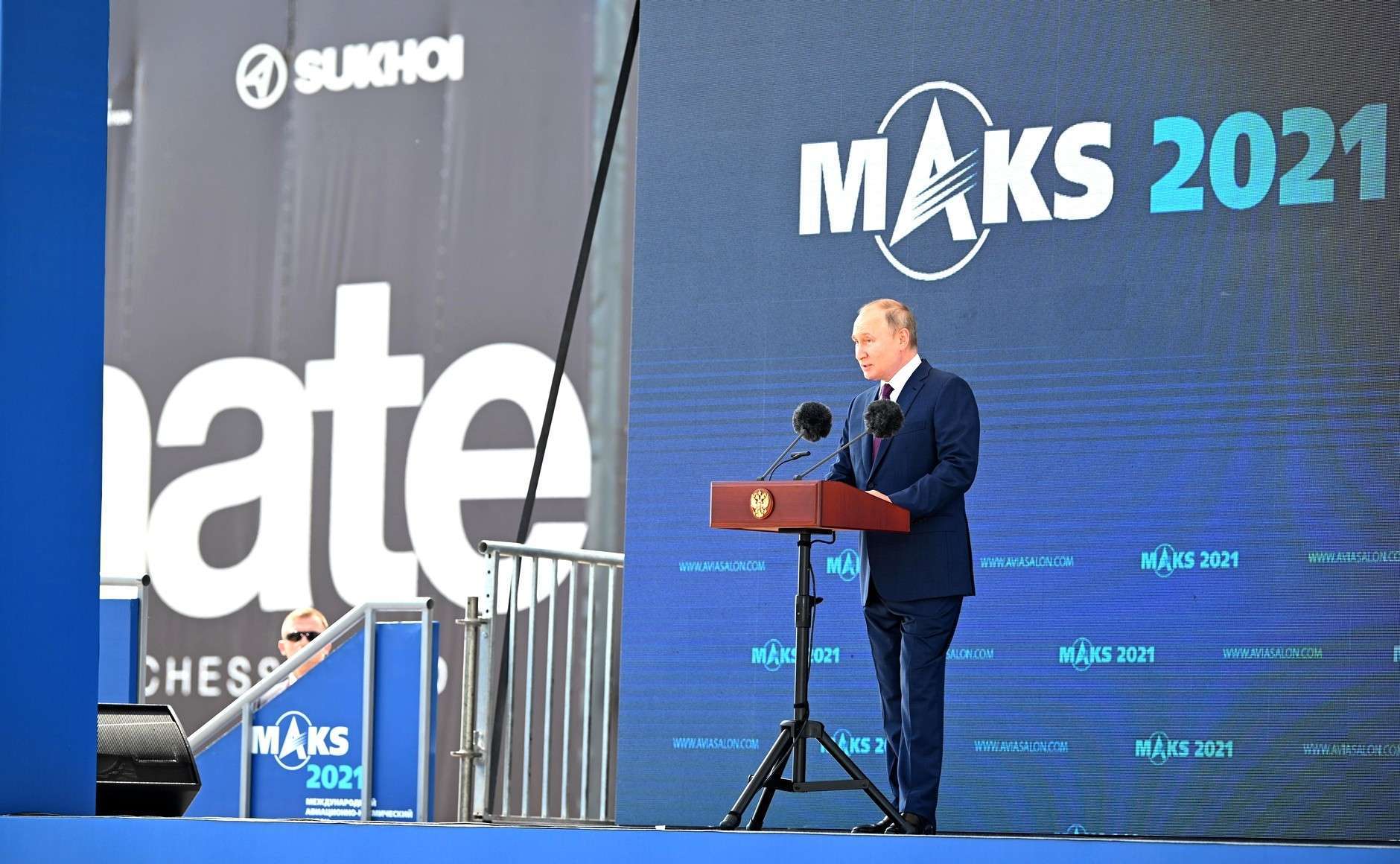
The organisers of MAKS 2021 opened an "online" window, which remotely gave companies not attending the show in person the opportunity to showcase their products and services to the professionals registered for the show. 211 companies from all over the world responded to the virtual opportunity, especially from Germany (18), Italy (15) and only three with a Spanish pavilion, which, as an advance party, consider that the Russian and Central Asian markets harbour clear opportunities for their respective projects.
One of the companies that have left their virtual mark on MAKS 2021 is Anotec Engineering from Motril (Granada), which is dedicated to certifying the volume of noise emitted by piloted and unmanned aircraft, carrying out flight tests to determine acoustic impacts and developing increasingly efficient sound measurement systems at airports.
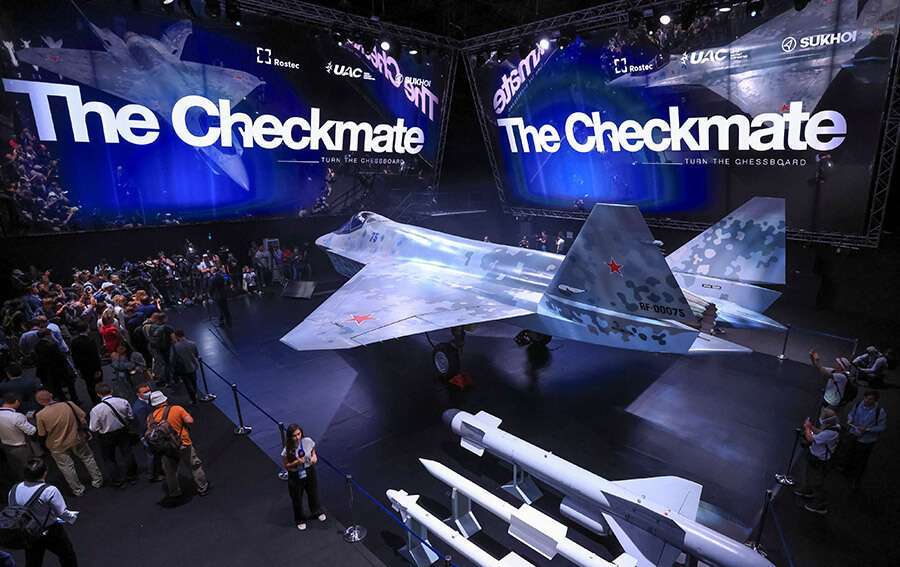
With a presence in the international sphere that represents "more than 90 percent" of the company's turnover, says its general manager, Nico van Oosten, Russia is one of the countries in which Anotec already works for important aeronautical institutes and in which it aspires to expand its work among aircraft and engine manufacturers.
Its presence outside Spain is backed by its projects with the European Aviation Safety Agency (EASA) and with companies in the sector in different EU countries. Anotec's technology is also present in Hindustan Aeronautics -the most important Indian aircraft and helicopter manufacturer- and even in Turkish Aerospace in Turkey.
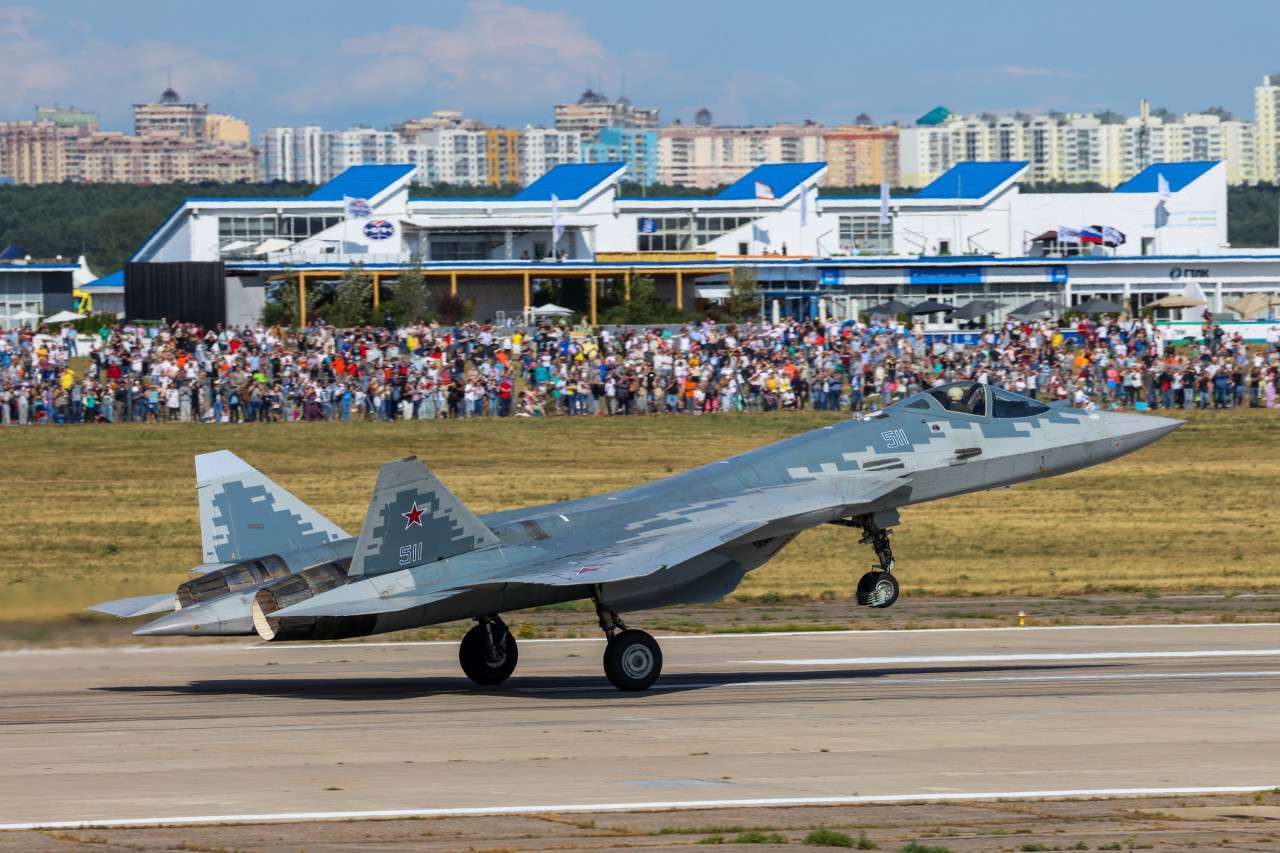
A second to be remotely present in Moscow was Air Tractor Europe, the world's largest distributor for US-based aircraft manufacturer Air Tractor Inc. of Texas. Based in Viver (Castellón), the company specialises in the worldwide marketing and support of the wide range of Air Tractor AT-400, AT-500, AT-600 and AT-800 single-engine aircraft for firefighting and the application of fungicides, fertilisers and oil stain dispersants.
Air Tractor Europe's sales director, Hugo Arceo, believes that the Russian and Central Asian markets are "very complicated", but that the marketing possibilities they offer for its aircraft are "very great". He estimates the sales potential at "between 300 and 400 aircraft", the number needed to replace the venerable Antonov An-2, the biplane aircraft that covers the segment of activities carried out in the western world by the Air Tractor, which will have to compete with the new Russian Baikal project.
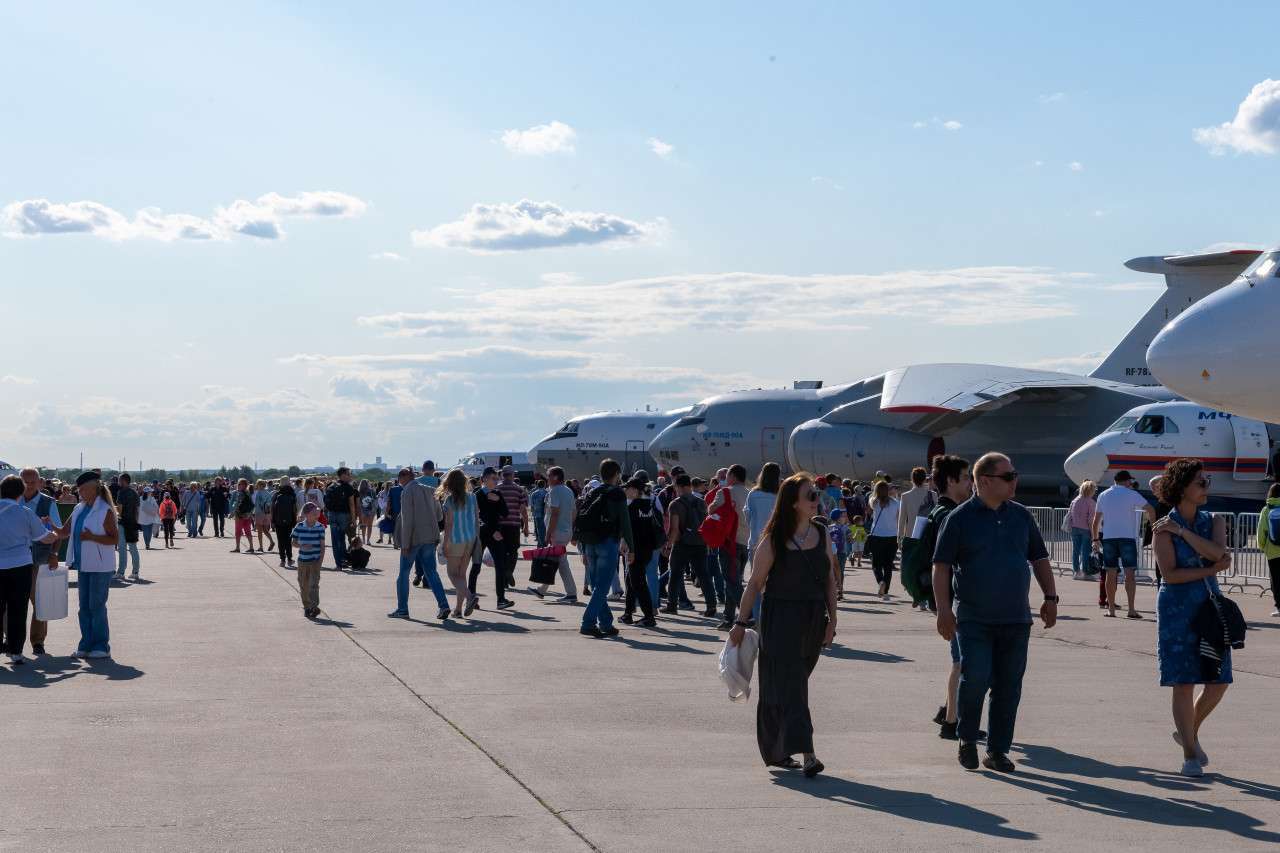
The Spanish company is optimistic, as Hugo Arceo and his team have sold more than 200 devices worldwide, most recently in Australia, Croatia, Israel, Sweden and Portugal. The third Spanish representative was Nitrofirex, from Murcia. This is a company that has developed an innovative technology based on aerial drones capable of extinguishing forest fires in areas that are difficult to access or at night. The company's president, Luis Bordallo, assures that "several Russian companies have shown interest in our project".
But for the Spanish aerospace industry, the Russian market and the Central Asian countries under the Kremlin's influence are not areas of interest to date. This is evident from the fact that the participation of large and medium-sized Spanish companies has been non-existent since the first MAKS show opened its doors in 1993. This lack of interest has meant that the Spanish Association of Defence, Security, Aeronautics and Space Technology Companies (TEDAE) has not had the opportunity to organise or coordinate the Spanish presence at any of the 15 editions of MAKS.
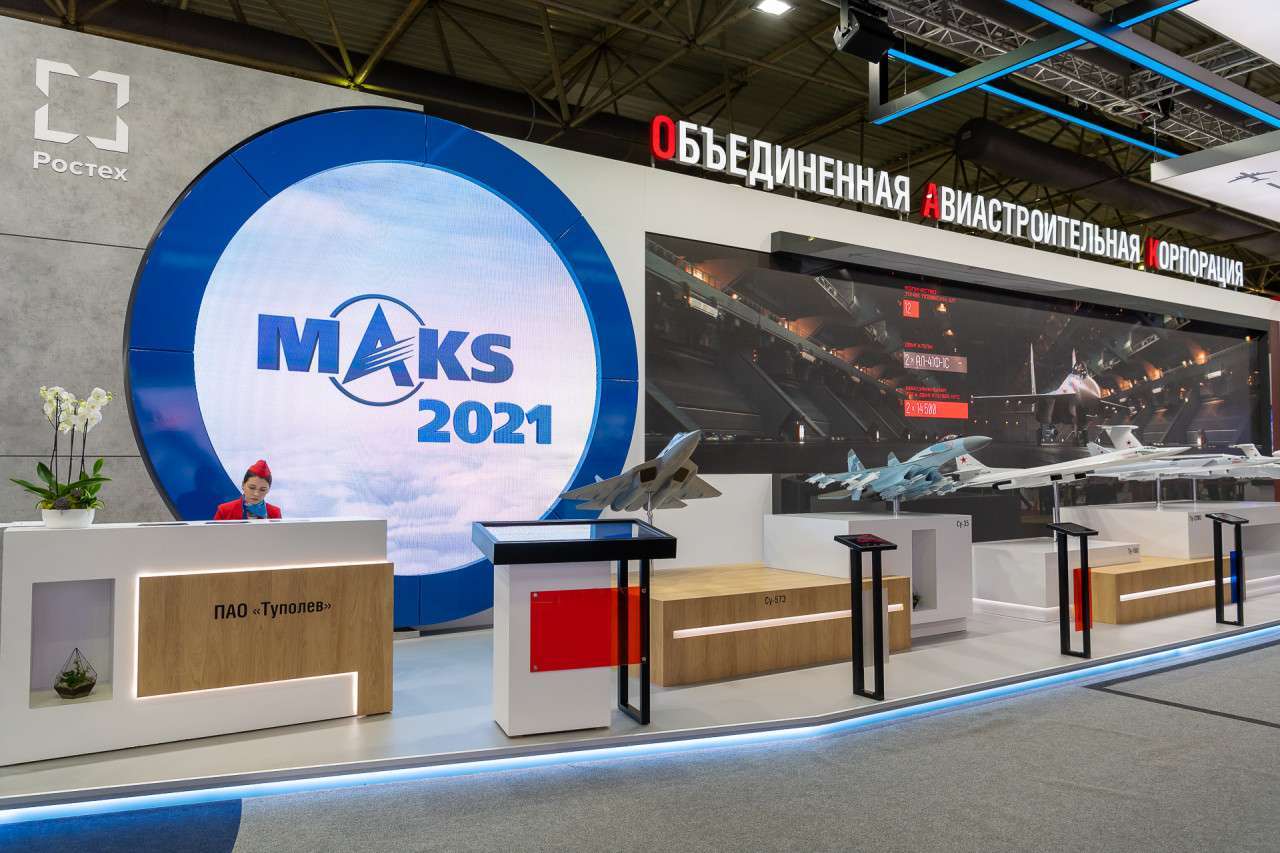
Spanish executives cite obstacles to deepening business relations and finalising agreements with Russian aviation and space industries. They highlight the barriers of federal legislation and the high degree of patience required to close a contract. But this does not seem to be the case for the industrial fabric of countries such as Germany and France.
The post-COVID-19 era appears to be a turning point that can help the national aerospace sector to look at the global aerospace market with new perspectives. At the official opening of MAKS 2021 by the President of the Russian Federation, Vladimir Putin had the opportunity to unveil the new fifth-generation Sukhoi Su-75 Checkmate single-engine fighter.
But the 15th edition of MAKS was also the setting chosen by Vladimir Putin to send the message that Russia "is open to cooperation with all countries interested in aviation and astronautics". Through its companies, technicians and scientists, the Kremlin is showing its intention to strengthen its participation in international initiatives aimed at improving flight safety, reducing the negative impact of aviation on the environment and expanding studies on extraterrestrial space, an opportunity that the Spanish aerospace sector should not miss.



